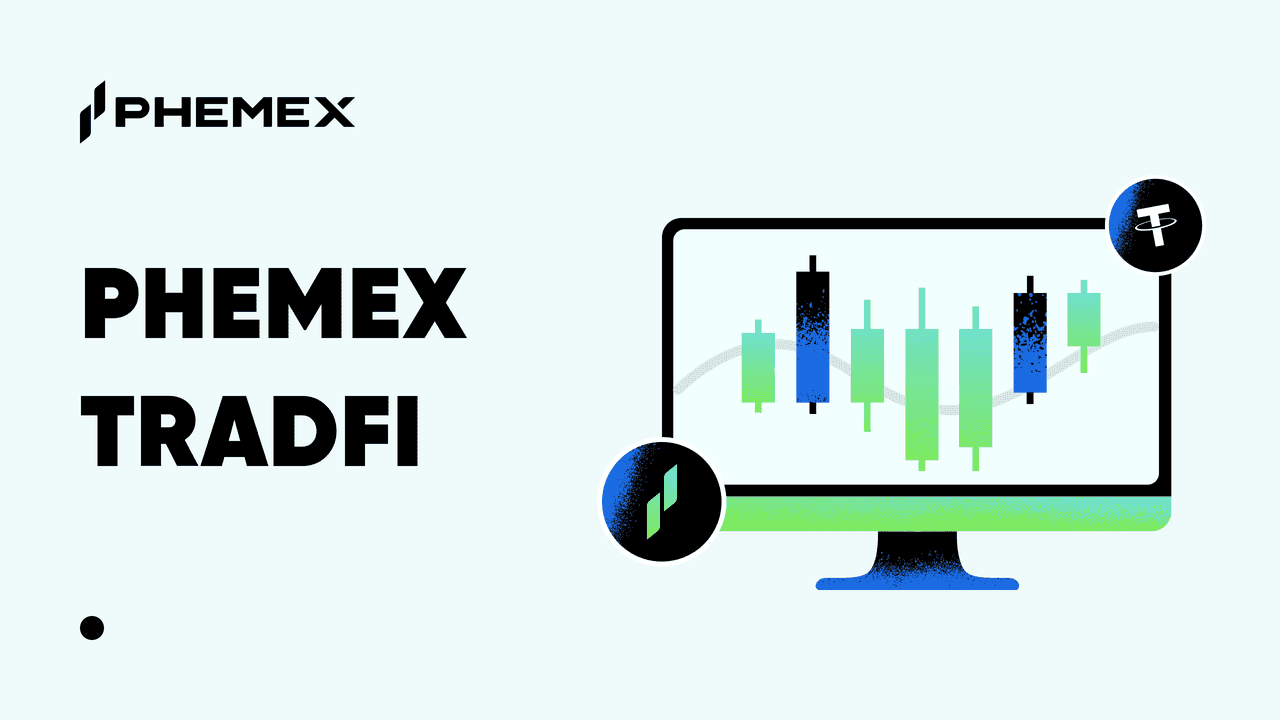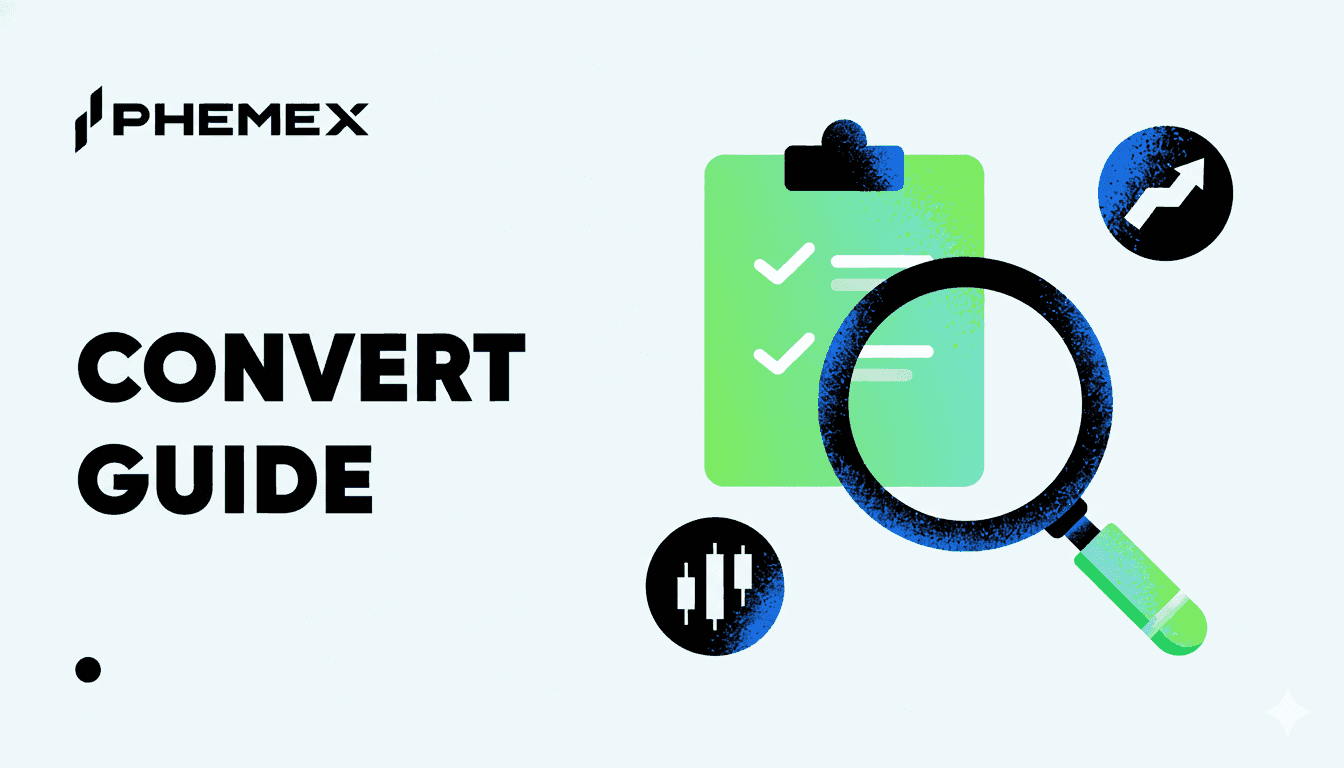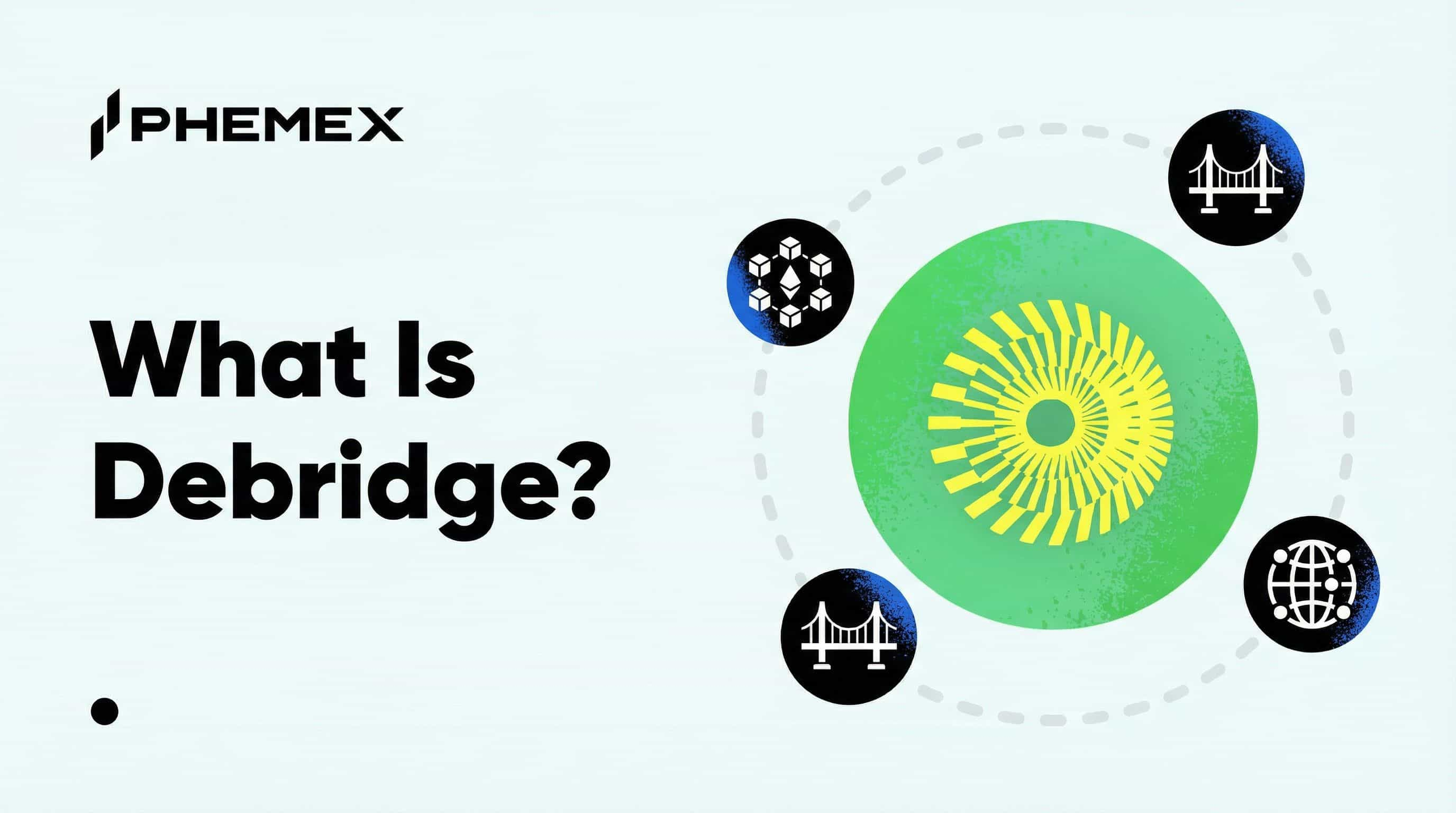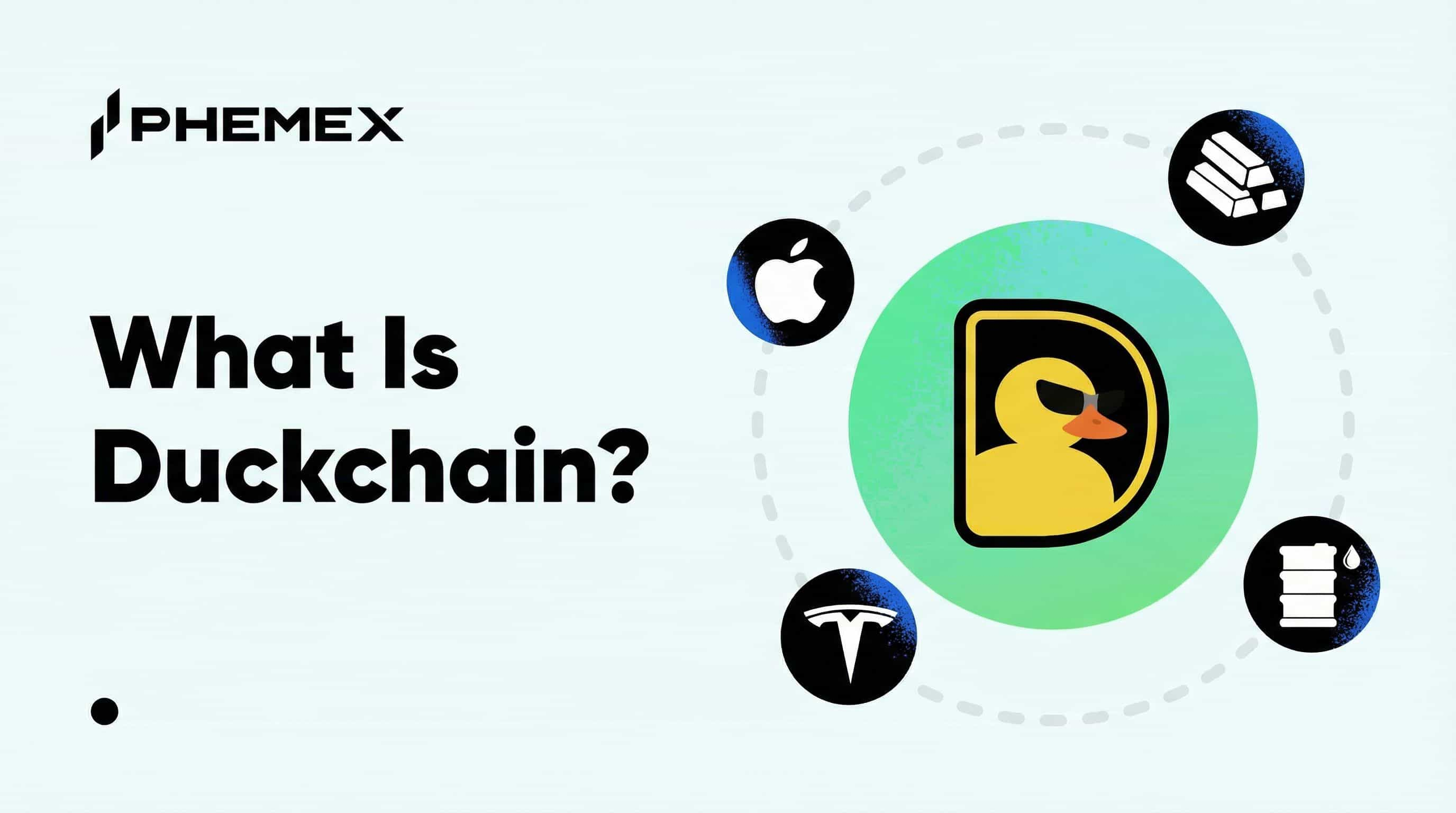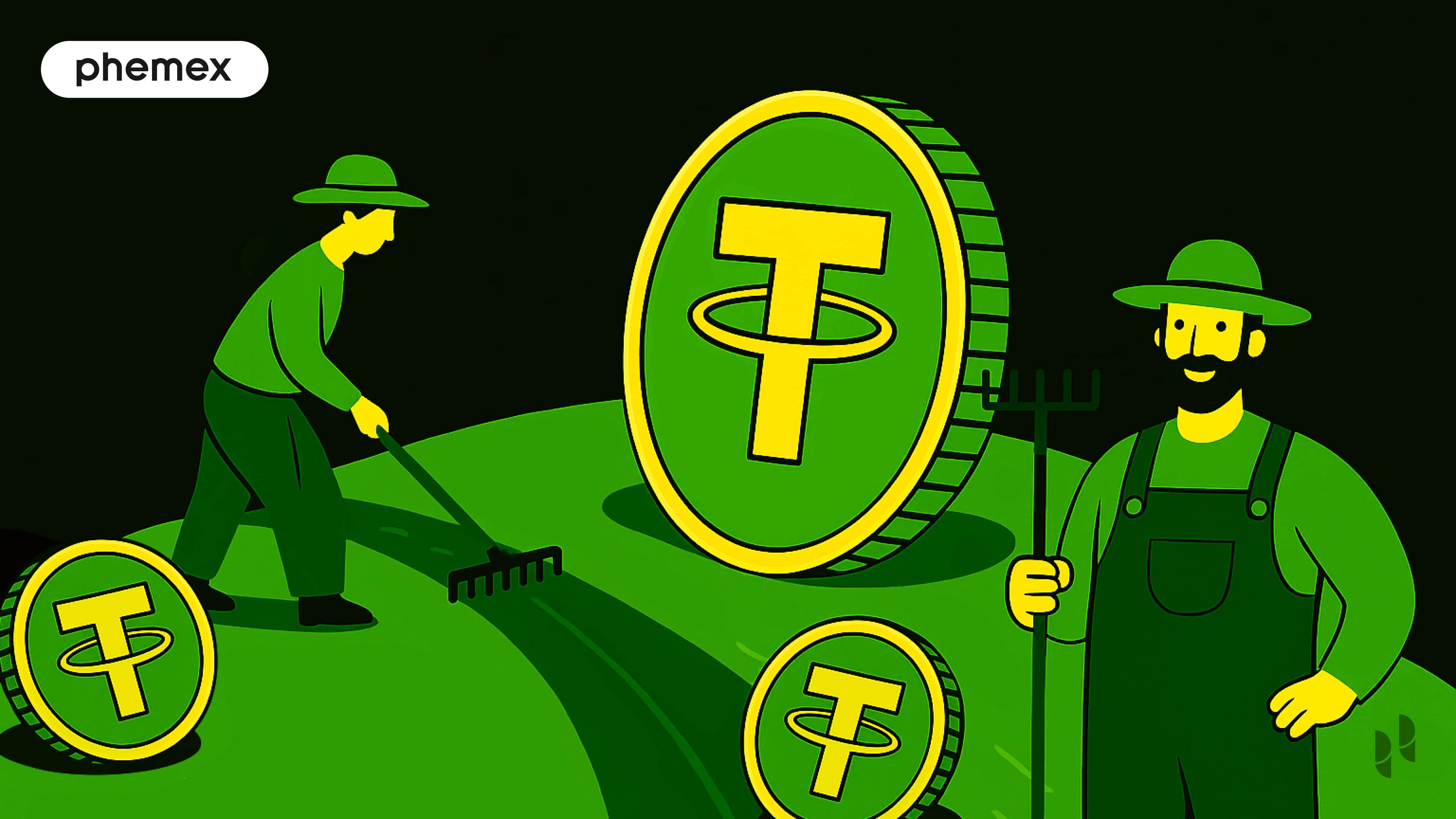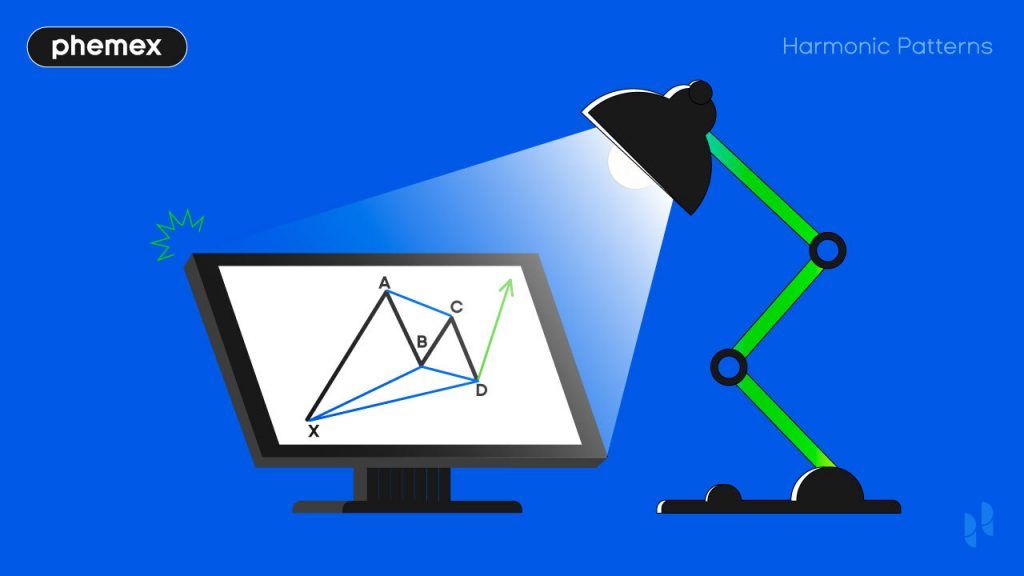Bitcoin
See more

Project Analysis
See more

Technical Analysis
See more

Learn by topic
Topic
Bitcoin
Project Analysis
Technical Analysis
AI
Altcoin
Blockchain
Crypto Basics
DeFi
Ethereum
Gaming
Layer 1
Layer 2
Macro Trends
Meme Coins
NFT
Phemex Product Guides
Regulation
RWA
Security
Solana
Stablecoins
TradFi
Trading
Wallet
Difficulty
Beginner
Intermediate
Advanced
Reading Time
1-3m
3-5m
5-10m
10-15m
15-20m
Clear filters
New Articles (1,253)
MoreChange a batch
Trending Articles (1,253)
MoreChange a batch

Get weekly crypto insights in your inbox.
Subscribe Now





